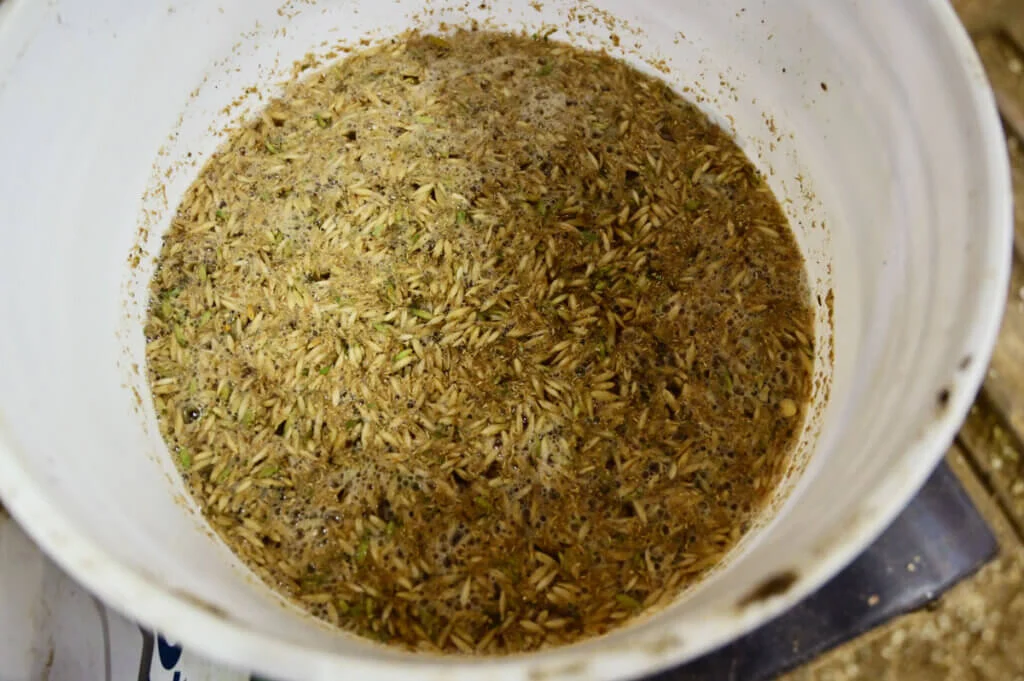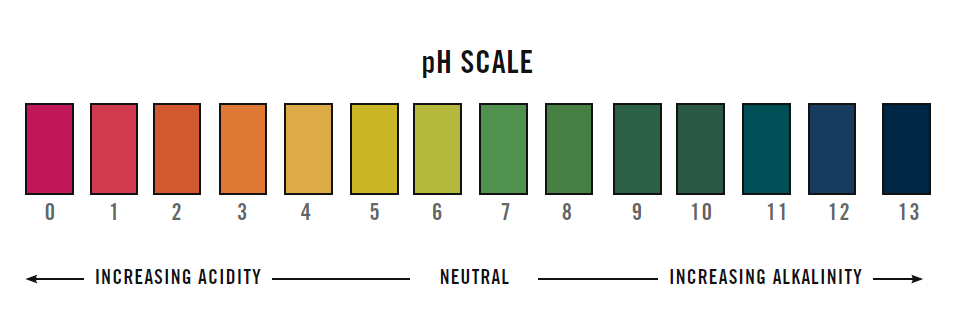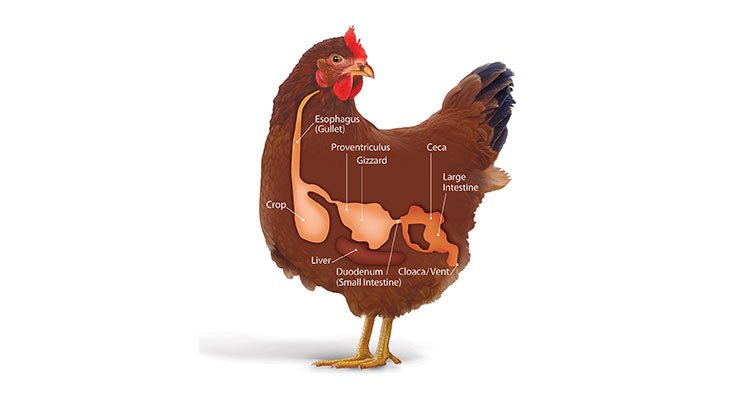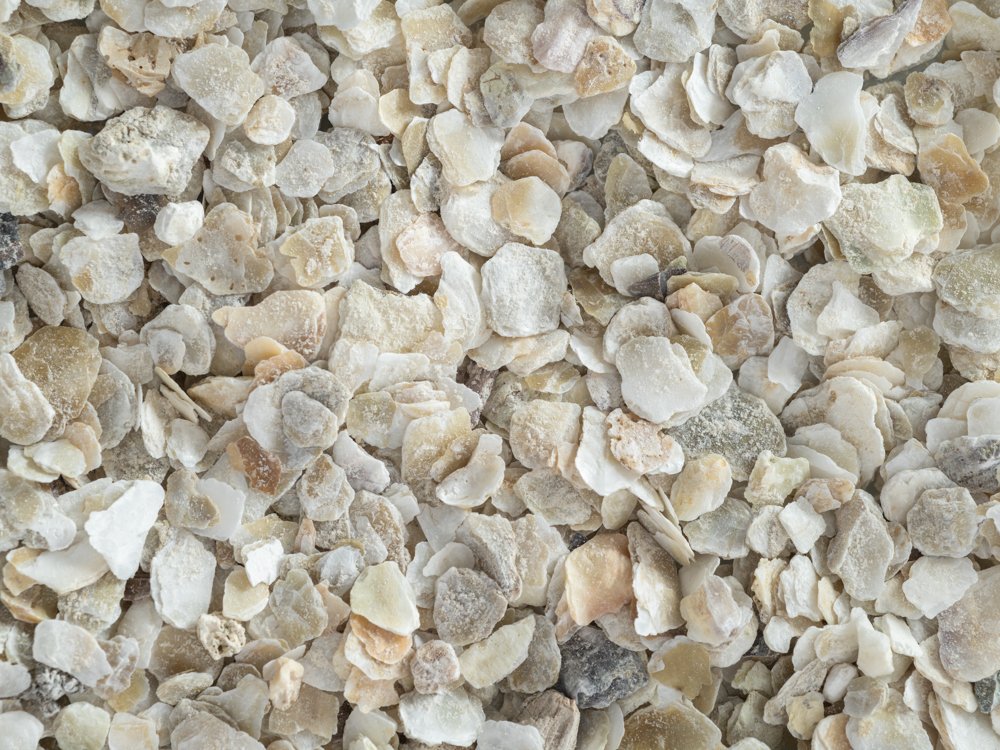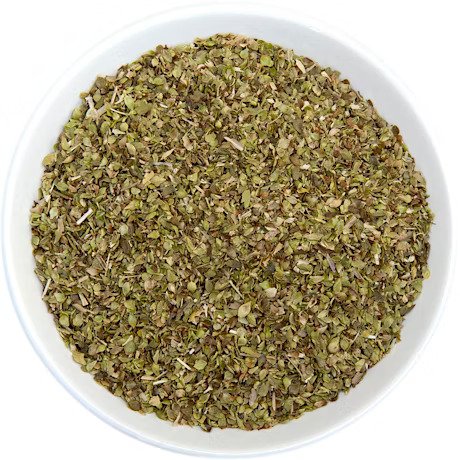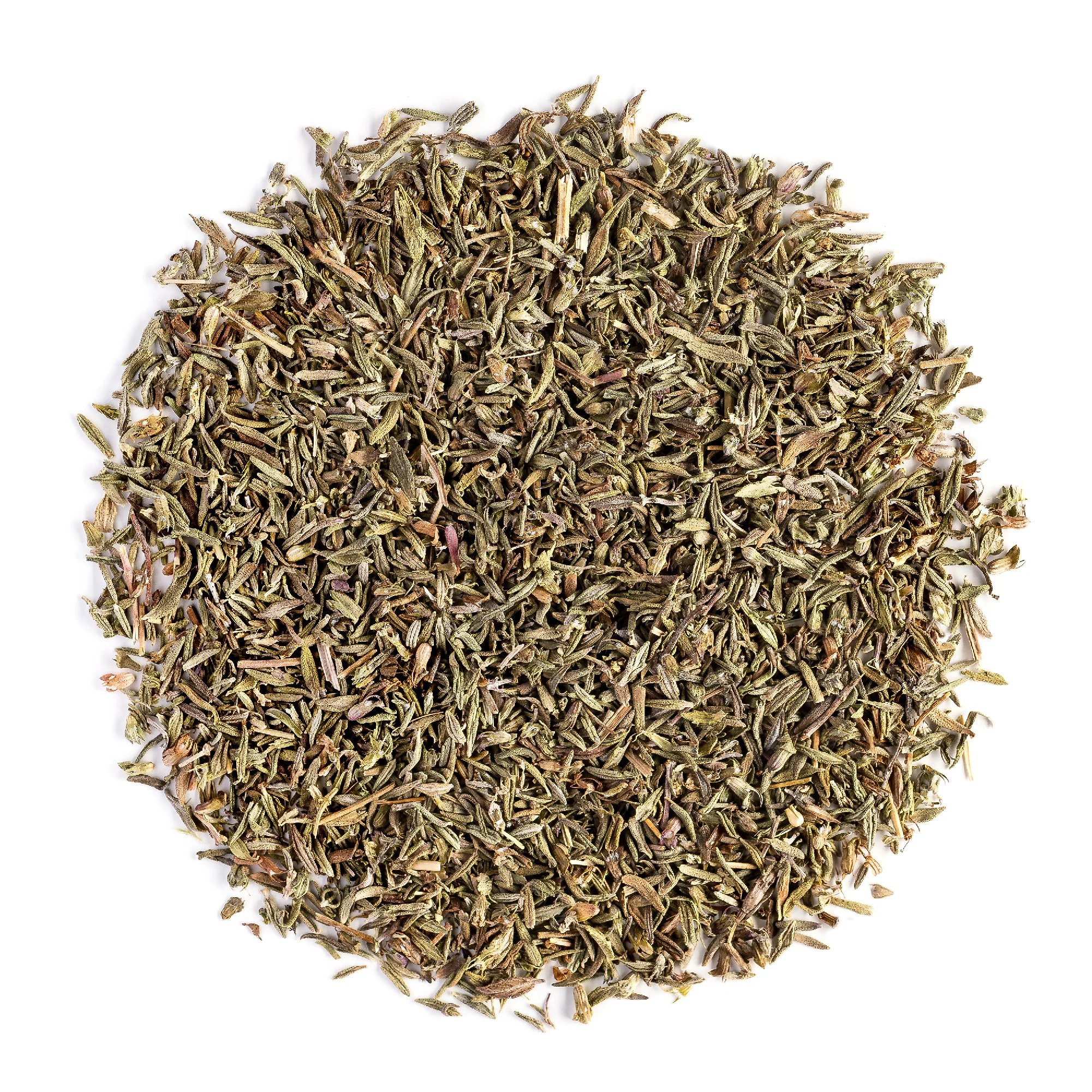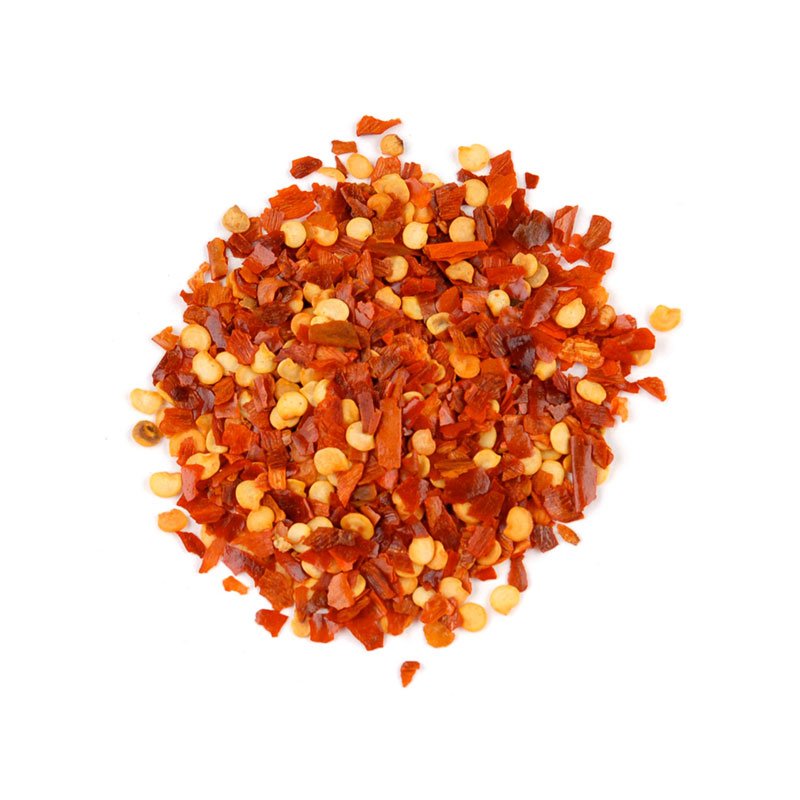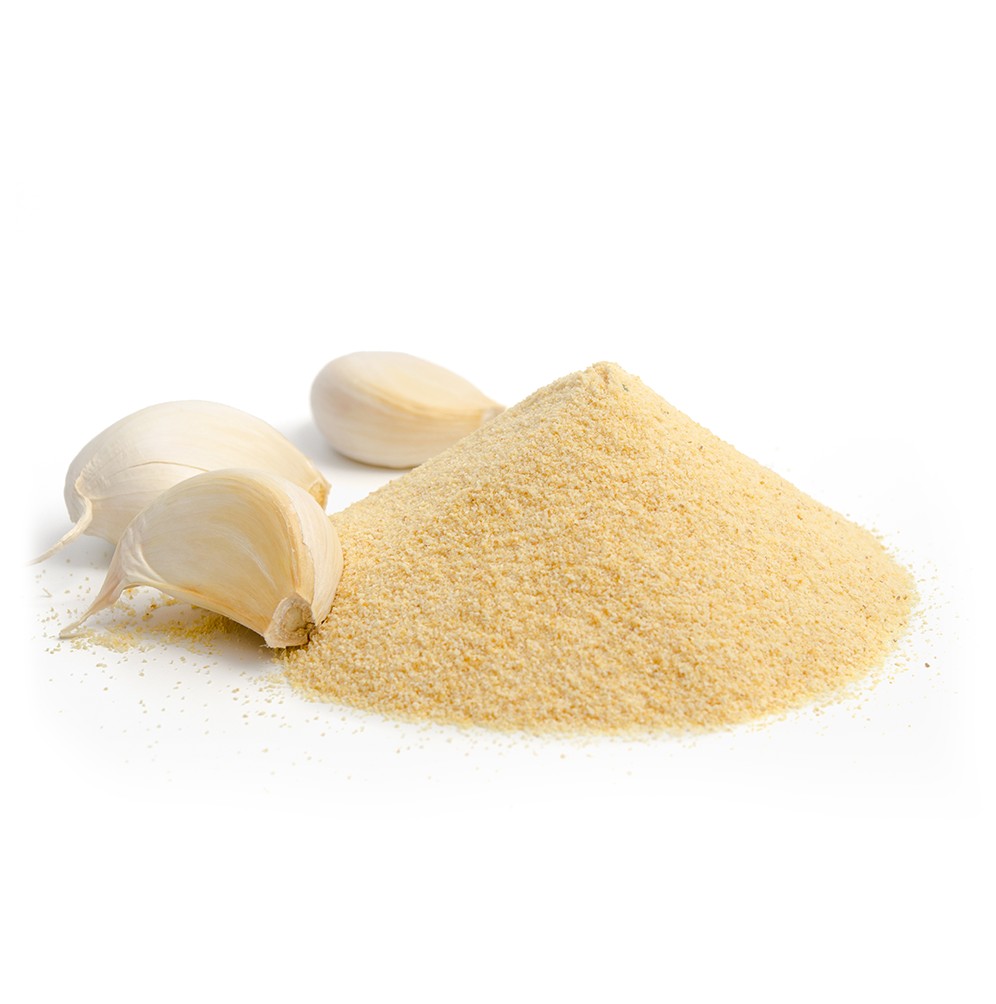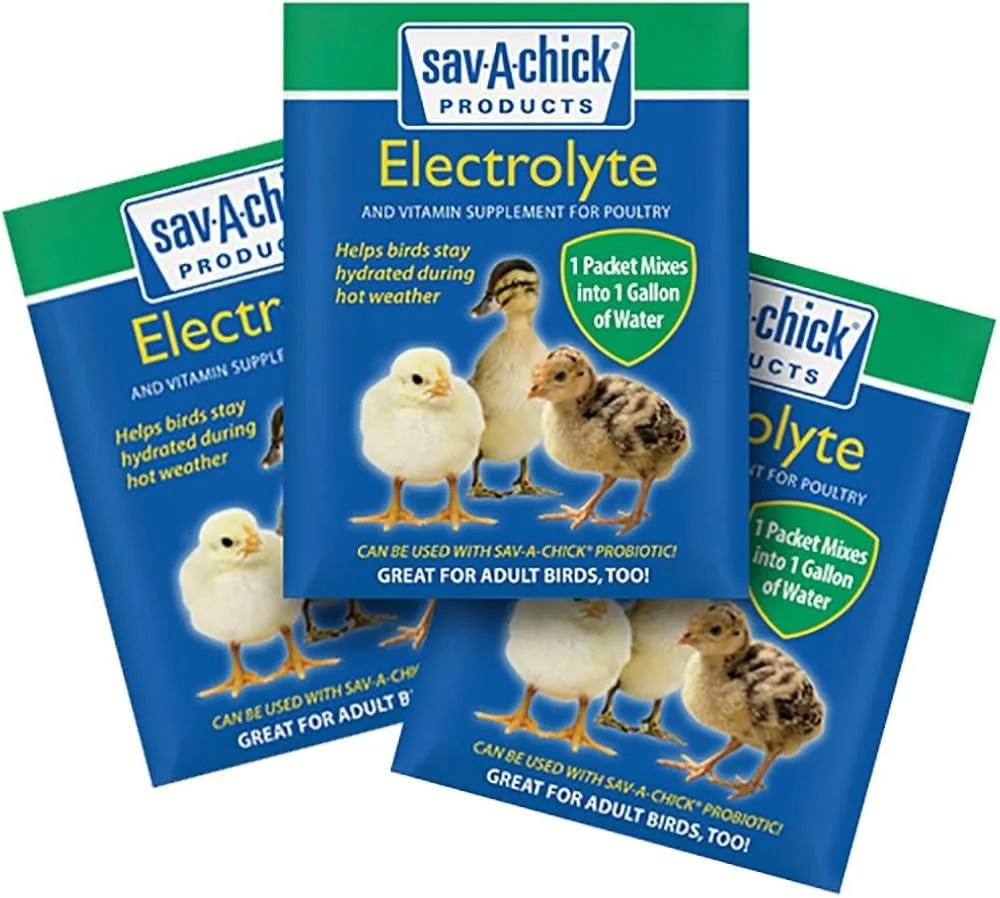Essential Additives for Chicken Feed
Essential Additives for Chicken Feed: Your Complete Guide to Boosting Flock Health
Hey there, Arizona chicken enthusiasts! 👋 Looking to give your flock that extra nutritional boost? While a quality layer feed forms the foundation of chicken nutrition, our desert-dwelling birds often need additional support to thrive in our unique climate. Let's explore the science-backed world of feed additives that can transform your chickens' health and productivity!
Why Feed Additives Matter
In Arizona's challenging climate, your flock faces unique stressors that basic feed alone might not address. The right additives can:
Combat heat stress during intense summers
Support immune function in varying temperatures
Enhance egg production despite seasonal changes
Improve shell quality when calcium absorption is challenged
Boost overall vitality year-round
Essential Supplements Guide
Probiotics: Your Flock's Gut Health Guardian
Think of probiotics as your flock's tiny but mighty internal army, working 24/7 to keep your chickens healthy from the inside out. These beneficial bacteria are like millions of dedicated workers, each with their own special job in your chickens' gut. As your hens scratch and peck throughout the day, these microscopic helpers are busy breaking down their feed into a nutrient-rich buffet that their bodies can easily absorb and use.
But that's just the beginning! These beneficial bacteria are also your first line of defense against unwanted intruders, fighting off harmful bacteria like bouncers at an exclusive club – keeping the bad guys out while letting the good guys thrive. This internal battle might be invisible to our eyes, but it's crucial for your flock's health.
When your chickens have a strong probiotic population, their immune system gets a significant boost, kind of like having a well-trained security team on constant patrol. This enhanced protection means less stress on your birds (happy chickens!) and often results in better egg quality – talk about a win-win!
In Arizona's challenging climate, where heat stress can quickly upset the delicate balance of gut health, maintaining a strong probiotic presence isn't just helpful – it's essential for a thriving flock. 🦠🐔
Here are some of our favorite probiotic options that you can buy:
Sav-A-Chick (water-soluble)
Strong Animals (feed additive)
Making Your Own Probiotic Feed - The Fermentation Guide
If you are looking to make your own probiotics at home for your chickens, one of the easiest ways to do so is to make fermented feed! Think of it like the sourdough starter for chickens.
What You'll Need:
Clean 5-gallon food-grade bucket
Regular chicken feed
Non-chlorinated water
Breathable cover (cheese cloth or a lid with some holes)
Large spoon for stirring
Strainer
Storage containers
Step-by-Step Process:
Initial Setup (Day 1):
Fill bucket 1/3 with feed
Add water until 2 inches above feed
Stir thoroughly
Cover with cloth
Label with start date
Daily Maintenance (Days 1-4):
Morning: Stir thoroughly
Evening: Stir again
Check for pleasant, sourdough-like smell
Monitor for any mold (discard if found)
Storage and Feeding:
Strain excess liquid
Store in refrigerator up to 5 days
Feed amount: 1/2 regular feed portion
Introduce gradually over 1 week
Apple Cider Vinegar: The pH Balancer
Understanding pH Balance in Your Flock's Water
Your chickens' drinking water pH plays a crucial role in their overall health and nutrient absorption. Think of pH as your water's "goldilocks zone" – it needs to be just right! The optimal pH range for chicken drinking water sits between 6.5 and 7.0, creating the perfect environment for nutrient absorption and bacterial balance. When pH levels climb too high, you're essentially rolling out the welcome mat for harmful bacteria that could make your flock sick.
On the flip hand, if the pH drops too low, your chickens might struggle to absorb the nutrients from their feed, essentially wasting those premium supplements you're providing. That's why we recommend testing your water's pH weekly – it's a simple task that can prevent major health issues down the road. Think of it as your flock's weekly health insurance check! In Arizona's varying climate, where water sources and quality can fluctuate, staying on top of pH levels becomes even more critical for maintaining a healthy, productive flock. 💧🐔
If you’re wanting to implement Apple Cider Vinegar to your chickens routine, here is a simple step by step guide to follow:
Dosage: 1 tablespoon per gallon
Frequency: 3 days on, 4 days off
Best times: Morning water refresh
Duration: Continuous through year
The Digestive Support Duo: Grit & Oyster Shell
Understanding Your Chickens' Amazing Digestive System
Ever wondered how your chickens turn that scattered feed into farm-fresh eggs? The journey is fascinating! Unlike our simple stomach system, chickens have evolved a remarkable digestive process that's more like a natural food processing plant. It all starts when your chicken pecks up food into their crop – think of this as their temporary storage unit or "shopping bag" where food is held for later processing.
From there, the food takes an incredible journey to the proventriculus, often called the true stomach. This is where the real chemistry begins! The proventriculus releases powerful enzymes that start breaking down the food, similar to how marinade tenderizes meat.
But here's where it gets really interesting – instead of moving straight to nutrient absorption, the partially digested food enters the gizzard, which acts like a living grain mill. This muscular powerhouse, combined with grit (those small stones your chickens eat), grinds everything into a fine paste through constant contractions. It's nature's way of making up for chickens' lack of teeth!
Finally, this well-processed food moves into the intestines, where all the valuable nutrients are absorbed to keep your flock healthy and laying those beautiful eggs. Pretty impressive for a backyard chicken, right? 🐔✨
The older your chicken gets, the larger the grit they can have. By the time they are 20 weeks old, they can have some decent size grit. Some that can be as big as a small pebble.
The Science Behind Oyster Shells: Your Hens' Calcium Clock
Let's crack into the fascinating world of calcium and egg production! When it comes to laying eggs, your hens are basically calcium-converting machines, and timing is everything. Here's why: once your hen consumes oyster shell, it takes about 4-6 hours for her body to absorb that precious calcium into her bloodstream.
But here's the really interesting part – creating just one eggshell is a 20-hour marathon event, requiring about 4 grams of calcium daily. That's nearly 10% of your hen's entire body calcium being devoted to a single egg!
This is why evening access to oyster shell is crucial – your hens do most of their shell-building work during the overnight hours. Think of it like the night shift at an eggshell factory!
By providing oyster shell in the evening, you're giving your hens access to calcium exactly when they need it most, ensuring those morning eggs come out with strong, healthy shells. It's like setting up your hens for success while they sleep! 🥚✨
This timing is especially important for our Arizona layers, who need all the support they can get during our intense laying seasons.
Herbal Supplement Guide
Creating Your Power-Packed Herb Mix: Nature's Medicine Cabinet for Your Flock
Let's dive into the fascinating world of herbal supplements and understand exactly how each ingredient works to keep your flock healthy and thriving. Think of this mix as your chickens' natural wellness blend, carefully crafted to support multiple aspects of their health.
Oregano: Your Flock's Natural Medicine Cabinet
Ever wondered what nature's strongest antibiotic for chickens is? Meet oregano! This Mediterranean powerhouse isn't just for Italian cooking – it's a crucial foundation in your chicken's wellness routine, especially for our Arizona flocks dealing with year-round challenges. Let's explore why oregano is the superstar of your herb mix.
Oregano works as a natural antibiotic for your flock, fighting off harmful bacteria and supporting their immune system through every season. Whether you're tending chickens in the scorching Phoenix heat or managing a flock in Tucson's desert climate, oregano provides that essential immune support your birds need to stay healthy and productive. Beyond its antibacterial properties, oregano acts as a powerful ally against common poultry ailments – those pesky respiratory issues and digestive troubles don't stand a chance when oregano is part of your regular feeding routine.
Think of oregano as your chicken's internal defense system. When seasonal changes hit and you notice your flock feeling under the weather, oregano in their daily feed gives them that extra boost of protection they need to bounce back quickly. Plus, its natural antibiotic properties mean you can support your flock's health without relying on conventional medications, making your backyard setup more natural and sustainable! 🌿💪
Thyme: Your Flock's Breathing Buddy
Dealing with dusty Arizona conditions? Worried about your flock's respiratory health? Thyme is your answer! While other herbs play their part in flock health, thyme specializes in keeping your chickens breathing easy through our challenging desert conditions. Let's explore why thyme is a must-have in your herb mix.
Picture this: A dust storm rolls through your property. While other flocks struggle with respiratory issues, your chickens stay healthy thanks to thyme's natural expectorant properties clearing their airways and fighting off infections. Beyond its respiratory benefits, thyme acts as another layer of immune protection – those common breathing issues and seasonal challenges become much more manageable when thyme is part of your daily feeding routine.
Mint: Your Flock's Natural Cooling System
When Arizona summer hits and temperatures soar past 100°F, your chickens need more than just shade and water. That's where mint becomes your summer hero! This refreshing herb isn't just for mojitos – it's a crucial addition to your Arizona flock's wellness routine, especially during those scorching summer months when temperatures soar well above 100°F.
Mint works as a natural temperature regulator for your flock, helping them stay comfortable even during the most challenging Arizona heat waves. The moment you add mint to your flock's routine, you'll notice the difference. Your chickens will stop panting as heavily, their water consumption improves, and that refreshing aroma naturally repels those persistent summer pests. It's like giving your flock their own personal oasis! Beyond its cooling properties, mint acts as a natural pest deterrent – those pesky flies and mosquitos aren't fans of its strong aroma, making your coop a more comfortable space for your feathered friends.
Think of mint as your chicken's summer survival tool. Plus, its pleasant aroma helps mask typical coop odors, making your backyard setup more enjoyable for everyone! 🌿❄️
Chili Flakes: Your Flock's Internal Heater
Here's a spicy secret most backyard chicken keepers don't know: Chili flakes do more than just add color to egg yolks! These fiery little flakes are actually metabolic magicians for your flock. Let's explore why chili flakes earn their fiery place in your herb mix.
Unlike other herbs that focus on healing or cooling, chili flakes work from the inside out. They kickstart your chickens' circulation, boost their metabolism, and even help them stay warmer during those chilly Arizona winter nights. Plus, those gorgeous orange egg yolks? That's just a bonus!
Think of chili flakes as your chicken's internal workout partner. When winter temperatures drop and you notice your flock getting sluggish, chili flakes in their feed provide that extra kick they need to keep their metabolism humming. Plus, the capsaicin in chili flakes helps boost their immune system naturally, making your flock more resilient through seasonal changes! 🌶️🔥
Garlic Powder: Your Flock's Immune System Warrior
Warning: This isn't your ordinary cooking ingredient! Garlic powder packs such a powerful punch that it deserves its own category in your flock's wellness routine. Here's why:
Natural parasite defense? Check!
Immune system boost? Absolutely!
Respiratory support? You bet!
Skip the chemical dewormers and antibiotics - garlic powder is your natural solution for a healthier, more resilient flock. Just a sprinkle in their feed transforms their immune system from ordinary to extraordinary!
Make your own batch herb mix!
Base Mix Recipe:
2 parts dried oregano
2 parts dried thyme
1 part dried mint
1 part red chili flakes
1 part garlic powder
Feeding Guidelines:
Add 1/2 cup of this mixture per 50lb bag of feed
Mix thoroughly to ensure even distribution
Make fresh batch every 2-3 months for best potency
Pro Tip: When mixing into feed, divide the bag into quarters and add the herb mix gradually while stirring to ensure even distribution throughout the feed. This prevents your chickens from picking around or getting too much of the herbs in one spot! 🌿🐔
Did you know that you can also sprinkle ¼ cup of this mix into their nesting boxes weekly and add to your bedding on a monthly basis? This mix not only helps internally with your chickens but externally with pests and bacteria!
Electrolytes: Critical Support in Arizona Heat
When we talk about keeping chickens healthy in Arizona's challenging climate, electrolytes are like your flock's internal cooling system mechanics. These essential minerals work together in a fascinating dance to keep your chickens thriving, especially during those brutal summer months when temperatures soar well above 100°F.
Sodium acts as your chickens' internal water manager, carefully balancing fluid levels throughout their bodies. Think of it as a microscopic water traffic controller, making sure moisture gets exactly where it needs to go. Without proper sodium levels, your birds can quickly become dehydrated, even if they're drinking plenty of water.
Potassium is your flock's muscle maintenance crew. It's especially crucial in Arizona summers when chickens are panting to stay cool – that constant muscle movement requires plenty of potassium to function properly. When chickens are heat stressed, they can rapidly deplete their potassium reserves, leading to weakness and lethargy.
Chloride might not get as much attention, but it's a digestive powerhouse. It helps produce the stomach acid your chickens need to break down their food properly. During heat stress, proper digestion becomes even more critical as chickens need to extract maximum nutrition from the feed they manage to eat, despite reduced appetites in high temperatures.
Magnesium is your flock's heat stress prevention specialist. It works behind the scenes to regulate body temperature and nerve function. When temperatures climb, magnesium helps prevent heat-related muscle problems and keeps your chickens calmer during stressful weather changes.
Pro Tip: Watch for signs of electrolyte depletion in your flock, especially when temperatures exceed 95°F:
Reduced egg production
Droopy behavior
Pale combs
Decreased water consumption
Weakness in legs
Remember, in Arizona's climate, maintaining proper electrolyte balance isn't just about survival – it's about helping your flock thrive through even the most challenging weather conditions! 💧🐔
DIY Electrolyte Recipe:
1 cup water
2 teaspoons honey/molasses
1/8 teaspoon salt
1/8 teaspoon baking soda
Mix fresh daily
Commercial Options:
The Tidy Coops Advantage
As your local chicken coop care experts, we understand the importance of proper supplement management. Our services include:
Comprehensive Health Checks:
Supplement feeder inspection
Water system cleaning
Individual bird observation
Environmental assessment
Success with supplements comes from consistency, observation, and adaptation. Start small, monitor closely, and adjust based on your flock's response. Remember, every flock is unique – what works for one might need tweaking for another.
Need expert guidance? Tidy Coops is here to help maintain the perfect environment for your supplemented flock. Contact us today to learn how our services can support your chicken-keeping journey! 🐔✨


